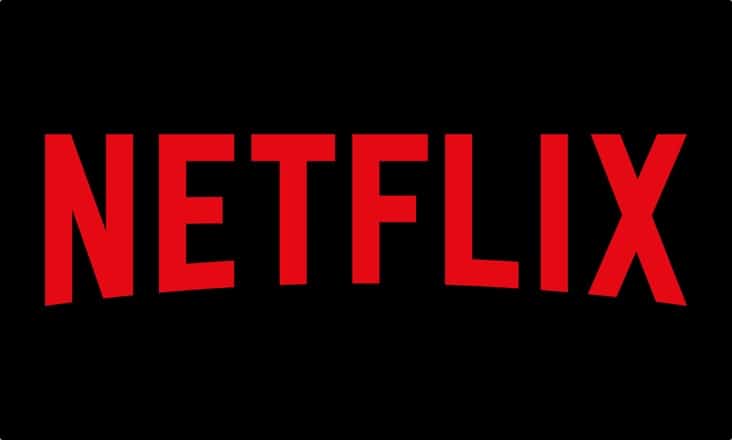
<a href="https://www.geograph.org.uk/photo/4148790" rel="nofollow">BBC Broadcasting House, New Building</a> by <a href="https://geograph.org.uk/profile/36675" rel="nofollow">Paul Gillett</a> is licensed under <a href="https://creativecommons.org/licenses/by-sa/2.0/" rel="nofollow">CC-BY-SA 2.0</a>
November 11th 2024: The British Broadcasting Corporation (BBC) has long been a cornerstone of British culture and media, lauded for its journalistic integrity, high-quality programming, and commitment to public service. However, the BBC now faces unprecedented challenges that raise the question: can it survive in its current form, or will it need a major transformation to remain relevant in the digital age?
The Challenges Facing the BBC
1. Funding Controversies
The BBC is funded primarily through the television license fee, a mandatory payment required by any UK household that watches or records live television or uses iPlayer. This funding model, which has been in place for decades, is increasingly seen as outdated, especially as more people shift to on-demand streaming services and other subscription-based media options. The license fee has also sparked debates over fairness, with critics arguing that the BBC should adopt a subscription model, making payments voluntary rather than compulsory. In recent years, the UK government has frozen the license fee and even hinted at scrapping it entirely, leaving the BBC in financial uncertainty.
2. Competition from Streaming Giants
The rise of global streaming giants like Netflix, Disney+, and Amazon Prime Video has changed the landscape of entertainment. These platforms offer on-demand viewing, original content, and a massive catalog that appeals to a wide audience. For younger viewers, traditional TV is becoming obsolete, and streaming services increasingly dominate their media consumption habits. In response, the BBC has expanded its own digital offerings with BBC iPlayer and BBC Sounds, but it struggles to compete with the sheer scale and budgets of global streaming giants. As a publicly funded entity, the BBC cannot match the commercial freedom or resources of these major corporations.
3. Changing Media Consumption Habits
With younger generations favoring social media, YouTube, and TikTok, the BBC’s traditional formats may not appeal to future audiences. The demand for short, snackable, and highly personalized content poses a challenge for the BBC’s programming model, which has traditionally emphasized long-form shows, investigative journalism, and public-interest content. To stay relevant, the BBC must rethink how it reaches younger audiences while maintaining its commitment to high-quality journalism and programming.
4. Political Pressure and Editorial Independence
As a publicly funded institution, the BBC is under constant scrutiny by the government. In recent years, the BBC has faced accusations of bias from both ends of the political spectrum, putting it in a delicate position as it seeks to maintain its editorial independence. Governments have periodically used funding cuts and reforms to exert pressure on the corporation, with some officials questioning the BBC’s value and suggesting reforms or reductions in scope. Maintaining neutrality and independence while relying on public funding is a difficult balancing act that has left the BBC walking a tightrope.
5. Declining Trust in Media
In an era of misinformation, trust in traditional media has taken a hit globally, and the BBC is no exception. Despite its strong reputation, the corporation has been criticized for its handling of various issues, leading to some erosion of public confidence. Stories surrounding controversial coverage decisions or perceived bias further complicate the corporation’s image as an unbiased public broadcaster. The BBC is facing a trust gap that it must address if it is to maintain relevance and credibility.
Paths Forward for the BBC
Given these challenges, the BBC is at a crossroads. Several potential paths could shape its future:
- Subscription or Hybrid Funding Model Moving from a license fee to a subscription model has been proposed as a way to ensure the BBC remains relevant and appealing. A subscription model would allow the BBC to compete directly with streaming services but would raise questions about access and its public-service mission. A hybrid model that combines subscriptions for premium content and free access to certain public-interest programming could be a compromise, allowing the BBC to continue serving the public while gaining new revenue streams.
- Greater Focus on Digital and On-Demand Embracing digital platforms and reshaping content to cater to online and mobile audiences would help the BBC attract younger viewers. This could involve expanding iPlayer’s capabilities, creating content specifically for social media, or partnering with tech platforms to distribute its news and entertainment programming more effectively.
- Reinventing Public Service Content To maintain its public-service role, the BBC could emphasize content that commercial entities don’t prioritize, such as educational programming, in-depth investigative journalism, and local news coverage. By doubling down on its public-service values, the BBC could reinforce its unique role and appeal to audiences looking for trusted information sources.
- Strengthening Global Reach The BBC’s international presence, especially through BBC World Service, remains strong. By focusing on international growth, the BBC can diversify its revenue streams and strengthen its reputation as a trusted source of global news and cultural programming. Expanding partnerships and joint ventures with other broadcasters could also help broaden its reach and funding.
- Addressing Political Pressure Proactively To safeguard its independence, the BBC could engage in open dialogues with policymakers and the public to define its role, funding needs, and governance structure. Increased transparency, particularly around funding and editorial decisions, could build public trust and help the BBC reinforce its commitment to impartial reporting.
Will the BBC Survive?
The BBC’s survival may depend on its ability to adapt to the rapidly changing media landscape while preserving its core values. Reinvention is not a new concept for the BBC—it has successfully navigated challenges since its founding in 1922, from the rise of television to the digital revolution. However, today’s challenges are uniquely complex, and the BBC may need to embrace significant change to maintain its relevance and public support.
While the future of the BBC is uncertain, its role as a public broadcaster and cultural institution gives it a unique advantage. By evolving its funding model, embracing new technology, and staying true to its public-service mission, the BBC has a chance to remain not only relevant but essential in the lives of millions.




